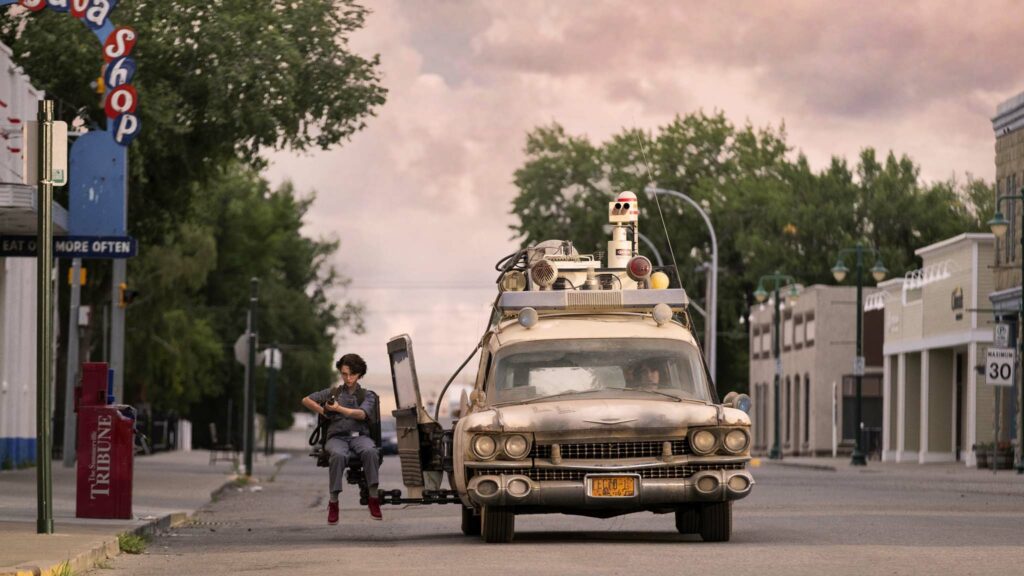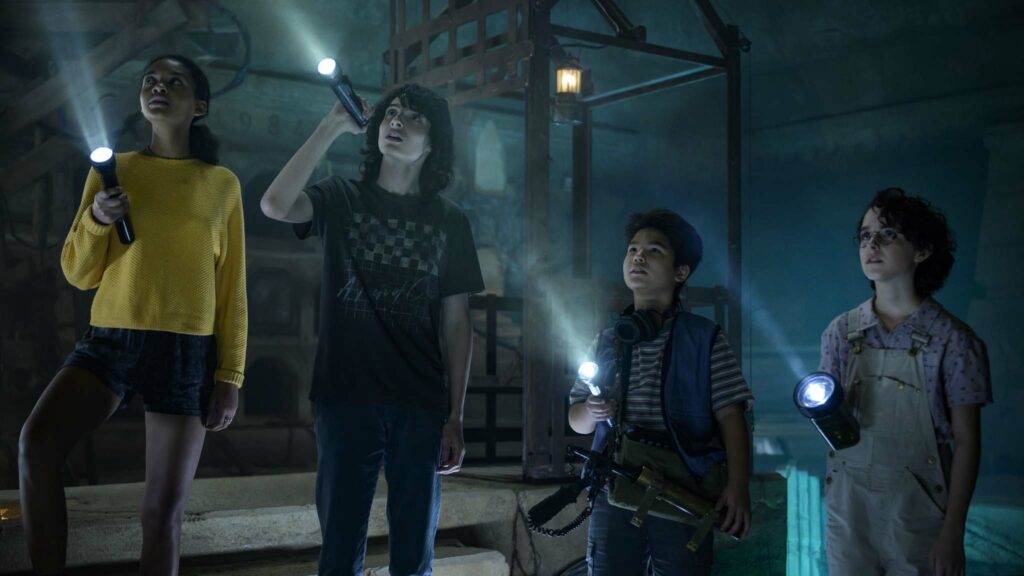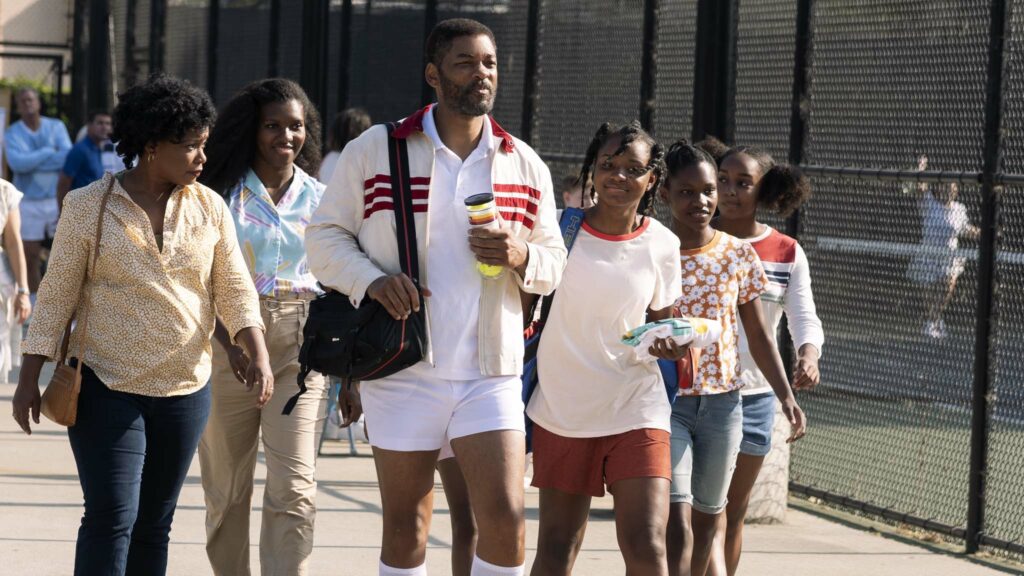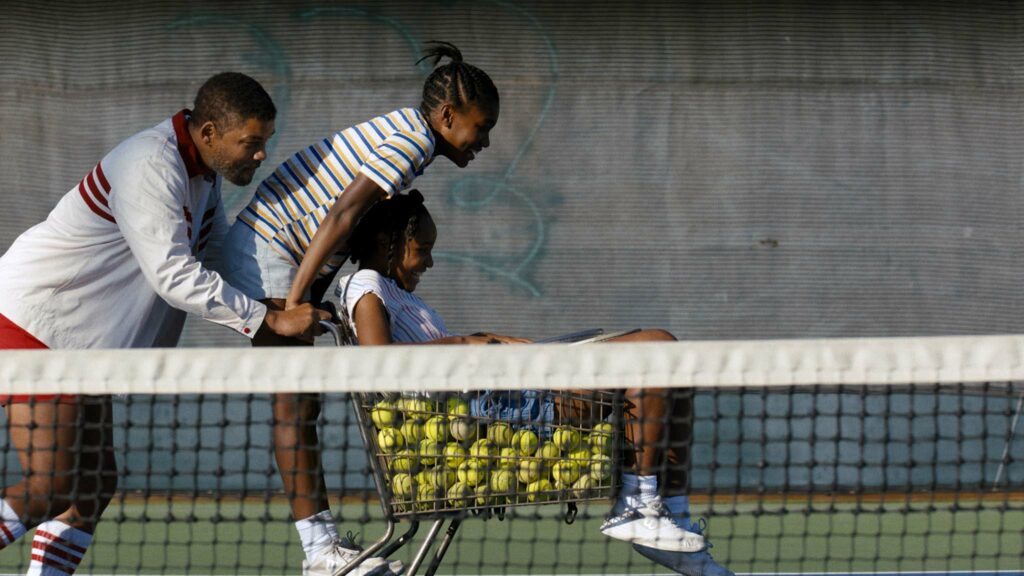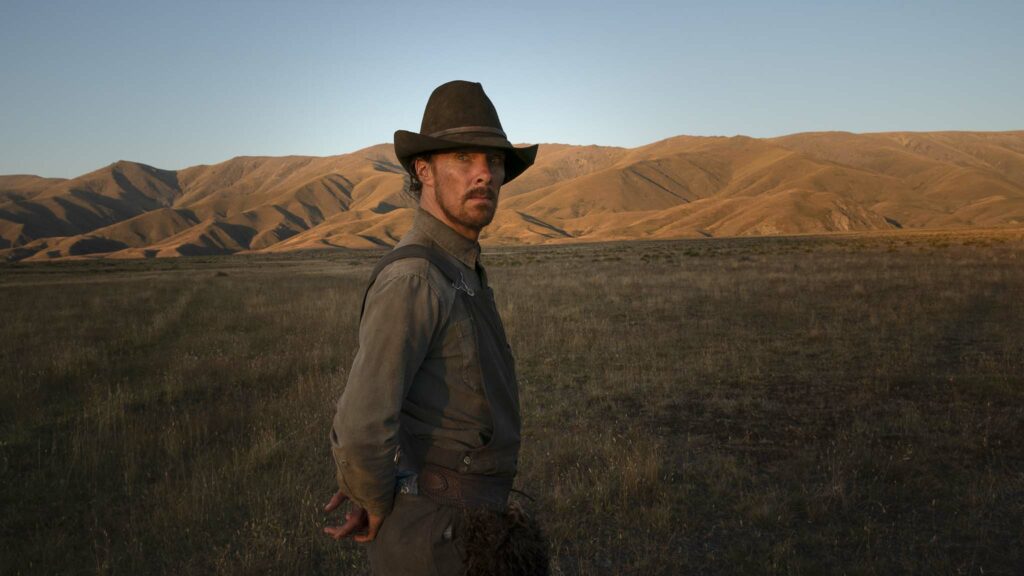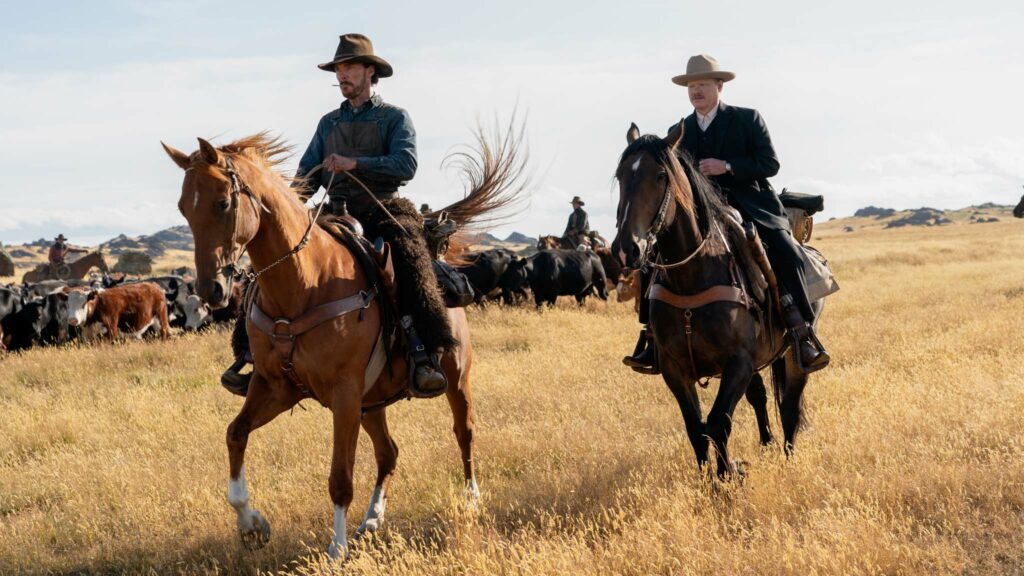Action
Ghostbusters: Afterlife (12A)
Review: In 1984, if you found an invisible man sleeping in your bed or suffered a dose of a freaky ghost, you were definitely gonna call 555-2368 to connect to a converted firehouse in Manhattan, home to friendly neighbourhood protectors played by Bill Murray, Dan Aykroyd, Harold Ramis and Ernie Hudson in ectoplasm-spattered jumpsuits. Director Ivan Reitman famously unleashed a gargantuan Stay Puft Marshmallow Man on beleaguered residents of New York City for the film’s spectacular finale, smothering his cast in shaving foam to replicate the aftermath of a close encounter with melting, sugary limbs.
The filmmaking baton passes from father to son when Jason Reitman helms a fourth instalment in the series, which ignores the unfairly derided 2016 reboot and directly references daring exploits of the original characters. Reitman’s script, co-written by Gil Kenan, is drizzled with nostalgia to the point of sticky saturation, repurposing outlandish plot points from more than 35 years ago to promote plucky teens as mankind’s saviours in a Stranger Things-stylee (Finn Wolfhard is even cast in a leading role). Adorably clueless Mini-Pufts, 3.5-inch tall marshmallowy scamps which borrow from the Gremlins playbook to gleefully toast each other over barbecue grills, ramp up the cuteness. Meanwhile younger cast confidently provide comic relief. When a weary mother protests, “I have a life,” one of her offspring tartly responds, “You’re a mum. You live for us.”
Single parent Callie (Carrie Coon) and her two children, Trevor (Wolfhard) and Phoebe (Mckenna Grace), are evicted from their home and reluctantly move into the dilapidated farmhouse of Callie’s late father in the sleepy Oklahoma town of Summerville. While Trevor secures shifts at a local diner so he can make faltering romantic overtures to sassy teenage roller-waitress Lucky (Celeste O’Connor), sister Phoebe – a proud science nerd – starts school with trepidation. She instantly makes friends with classmate and avid conspiracy theorist Podcast (Logan Kim).
The children stumble upon a secret, buried deep beneath the hilly terrain of Summerville, which confirms Callie’s father’s apocalyptic predictions. Aided by Phoebe’s teacher, seismologist Mr Grooberson (Paul Rudd), the spirited tykes answer the Ghostbusters call and confront a terrifying spectral threat with refurbished proton packs.
Dedicated to the memory of Ramis who died in 2014, Ghostbusters: Afterlife spends too much time looking over its shoulder and honouring the past to carve out a satisfying stand-alone jaunt for the next generation. A metal-gobbling phantom called Muncher is a meek substitute for Slimer and Coon and Rudd are poorly served in the frenetic denouement. Regardless, Reitman’s film whips up light, fluffy entertainment in fits and spurts and Grace’s spunky heroine is a beacon of non-conformity as special effects wizardry runs amok and Ray Parker Jr’s infectious theme song rises from the grave.
Find Ghostbusters: Afterlife in the cinemas
Drama
King Richard (12A)
Review: Behind young sports prodigies are dedicated parents toiling long hours as chauffeurs and emotional support staff. Sir Andy Murray was on a tennis court with his mother Judy at the age of three, Tom Daley’s electrician father Rob hard-wired his son’s talents on a diving board and Lewis Hamilton’s father Anthony worked multiple jobs to turbo-charge his son’s chances on a Formula 1 circuit. Richard Williams, father of tennis superstars Venus and Serena, generated headlines with his behaviour on and off the court in the sisters’ formative years when he laid the foundations of a sporting dynasty in Compton, California with his detailed plan for greatness. Director Reinaldo Marcus Green’s biographical drama summarises the milestone moments, focusing on a man who boldly proclaims, “Venus and Serena gonna shake up this world” long before either athlete makes Centre Court at Wimbledon their playground.
Scripted by Zach Baylin, King Richard gifts Will Smith one of his best roles in years, Oscar consideration is inevitable, which draws heavily on the actor’s innate likability as a fiery, flawed patriarch, who conveniently forgets past mistakes and rankles his wife into the stinging rebuke: “Unlike you, I don’t need the world to tell me I’m great.” Green’s picture double-faults with supporting characters too many times to warrant such lofty praise but it is resolutely crowd-pleasing and uplifting.
Staunch authoritarian Richard Williams (Smith) devotes every waking minute to nurturing the raw talent of daughters Venus (Saniyya Sidney) and Serena (Demi Singleton) on a neighbourhood tennis court. He is a stickler for good manners. When the sisters loudly delight in the downfall of a rival during a homeward-bound car journey, Richard contemplates leaving the girls stranded at a convenience store as a lesson in humility. “Let them brag walking three miles home,” he seethes to incredulous second wife Oracene (Aunjanue Ellis).
The patriarch masterminds a long-term plan to propel his girls to the top of the tennis rankings. Richard focuses initially on Venus and relentlessly pursues Paul Cohen (Tony Goldwyn) to become her coach. “You are the most stubborn person I’ve met in my life,” gasps Cohen. “And I’ve coached McEnroe!” As Venus’s star ascends, Serena shows great promise and Richard looks to new mentor Rick Macci (Jon Bernthal) in Florida to take his dreamgirls to the next level.
King Richard elicits winning performances from Smith and young co-stars Sidney and Singleton but goes into an unnecessary fifth set in terms of running time. The title character’s rough edges are repeatedly polished by Baylin’s script – one alarming episode with a gun has no explanation beyond what unfolds on screen or ramifications – and marital strife is neatly contained in a couple of scenes. Glorious ends apparently justify iron-fisted means.
Find King Richard in the cinemas
Western
The Power Of The Dog (12A)
Review: Adapted from Thomas Savage’s novel by writer-director Jane Campion, The Power Of The Dog is a gently simmering study of sibling rivalry and warped masculinity, which drip-feeds us discomfort as wounded characters prey on each other’s insecurities, uncertain which of them will strike the fatal blow. Pacing is deliberately slow and silences are agonisingly prolonged, recalling the lyricism and poetic beauty of Campion’s 1993 romance The Piano, which deservedly earned her an Oscar. Benedict Cumberbatch is mesmerising as the picture’s glowering antagonist: a deeply repressed rancher, who believes a man can be measured by the menace in his words, the intent of his stare and the callouses on his hands.
The London-born actor commits wholeheartedly to the psychologically complex role, gradually peeling back layers of self-loathing and confusion to expose a maelstrom of poisonous emotion. The source of his tightly coiled rage becomes abundantly clear in a breathtakingly sensual and wordless scene on a riverbank involving a scrap of fabric caressing the undulations of a naked human form. Australian cinematographer Ari Wegner captures this deeply intimate moment and the rugged vistas of New Zealand, standing in for 19th-century Montana, with aplomb. She ravishes our senses as Campion’s script steadily turns the screws on our uneasiness.
Phil Burbank (Cumberbatch) and brother George (Jesse Plemons) run a successful ranch nestled in the mountainous terrain of 1925 Montana. The siblings are cut from wildly different hides. While George is well dressed (he occasionally wears a bow tie), quietly thoughtful and seldom raises his voice, Phil is a scowling, snarling brute who wears his testosterone-soaked masculinity like a sheriff’s star-shaped badge. He is unapologetic about the stench of sweat and livestock on his skin and repeatedly undermines George’s authority in front of ranch hands by cruelly referring to his brother as “Fatso”. The only chink in Phil’s armour seems to be an obsessive devotion to the memory of his cowboy mentor, Bronco Henry.
Dangerously barbed fraternal bonds fray beyond repair when George takes a wife, mild-mannered widow Rose (Kirsten Dunst), and moves her to the ranch with her medically-minded teenage son, Peter (Kodi Smit-McPhee). Phil is openly hostile but Rose clings onto every tiny, glinting nugget of hope in the dust. “I wanted to say how nice it is not to be alone,” sweetly reciprocates George, who is unused to tenderness beneath his own roof.
The Power Of The Dog is dominated by Cumberbatch’s incendiary performance but co-stars find room to breathe, particularly Dunst’s beleaguered lady of the house and Smit-McPhee’s off-kilter scion. Campion keeps a tight hold of the reins, seldom allowing her picture to achieve more than a leisurely trot. She releases pent-up tension in a suitably understated yet deeply satisfying manner that prickles the skin and proves one dog’s bite is far worse than their bark.
Find The Power Of The Dog in the cinemas


